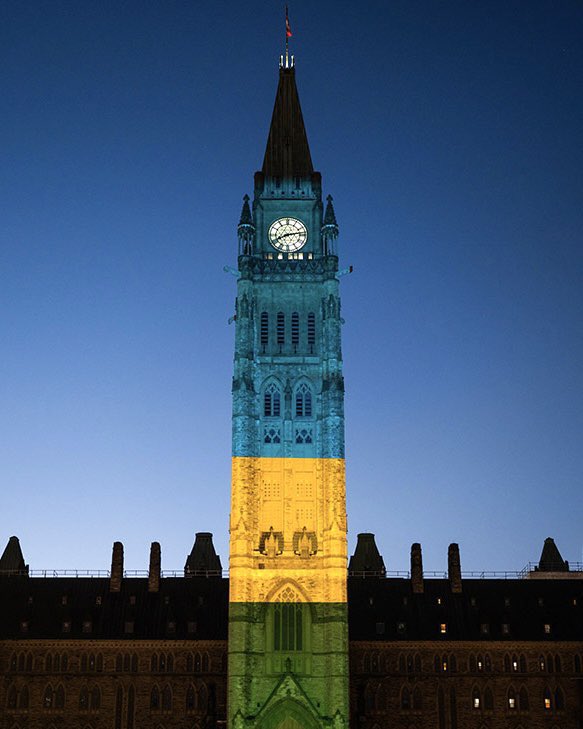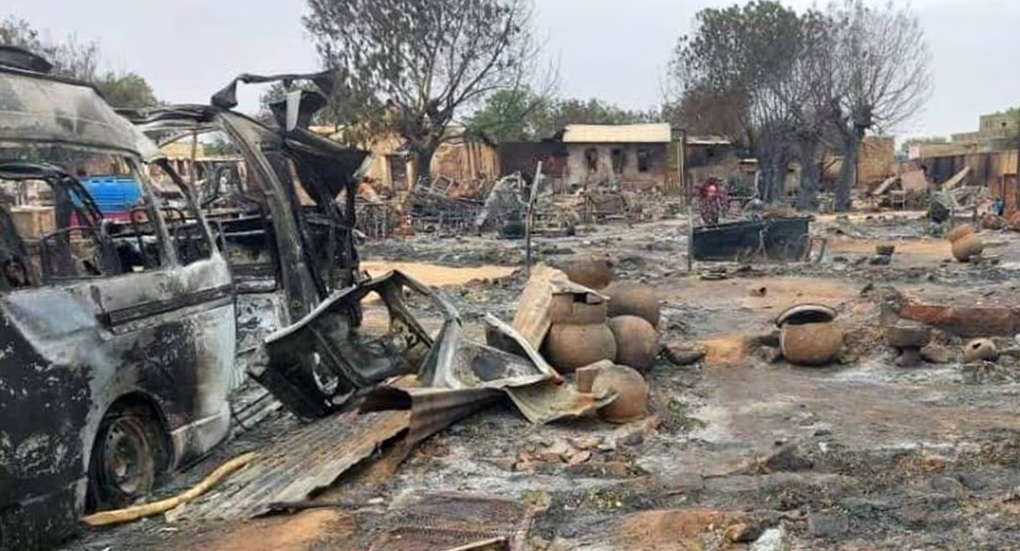Rwandan is commemorating 30 years since the genocide in which at least a million people were massacred during a civil strife between majority Hutu and minority Tutsi tribesmen.
President Paul Kagame attributed the tragic events of 1994 to the international community’s failure to intervene.
The genocide was sparked by the downing of a plane carrying then-President Juvénal Habyarimana – a Hutu. The accident was blamed on Tutsi rebels which led to mass killings by Hutu extremists targeting Tutsi’ and moderate Hutus opposed to the violence.
After just 100 days, between 7 April and 15 July 1994, a million corpses laid in Rwanda, mostly of Tutsis.
“It was the international community which failed all of us, whether from contempt or cowardice,” Kagame said in a speech after lighting a flame of remembrance on Sunday 7 April, and laying a wreath at a memorial site holding the remains of 250,000 genocide victims in Kigali – the capital city.
Kagame was joined by foreign dignitaries including former U.S. President Bill Clinton – who was U.S. president at the time, and Israeli President Isaac Herzog.
After leaving office, Mr. Clinton admitted the Rwandan genocide which happened under his watch was a failure of his administration. French President Emmanuel Macron, in a prerecorded video ahead of Sunday’s ceremonies, said that France and its allies could have stopped the genocide but lacked the will to do so. Macron’s declaration came three years after he acknowledged the “overwhelming responsibility” of France — Rwanda’s closest European ally in 1994 — for failing to stop Rwanda’s slide into the slaughter.
Also, in a statement, U.S. President Joe Biden said “We will never forget the horrors of those 100 days, the pain and loss suffered by the people of Rwanda, or the shared humanity that connects us all, which hate can never overcome” .
Reflecting on the horrors of the genocide, Kagame – himself a Tutsi who at the time was taking refuge in neighbouring Uganda, recalled the collective failure of the international community in stopping the catastrophe, stressing the need for political measures towards preventing a reoccurrence.

“Our journey has been long and tough,” he said. “Rwanda was completely humbled by the magnitude of our loss, and the lessons we learned are engraved in blood. But the tremendous progress of our country is plain to see and it is the result of the choice we made together to resurrect our nation.”
He added, “The foundation of everything is unity. That was the first choice — to believe in the idea of a united Rwanda and live accordingly.”
Rwanda’s ethnic composition remains largely unchanged since 1994, with a Hutu majority. The Tutsis account for 14% and the Twa just 1% of Rwanda’s 14 million people. Kagame’s Tutsi-dominated government has outlawed any form of organization along ethnic lines, as part of efforts to build a uniform Rwandan identity.
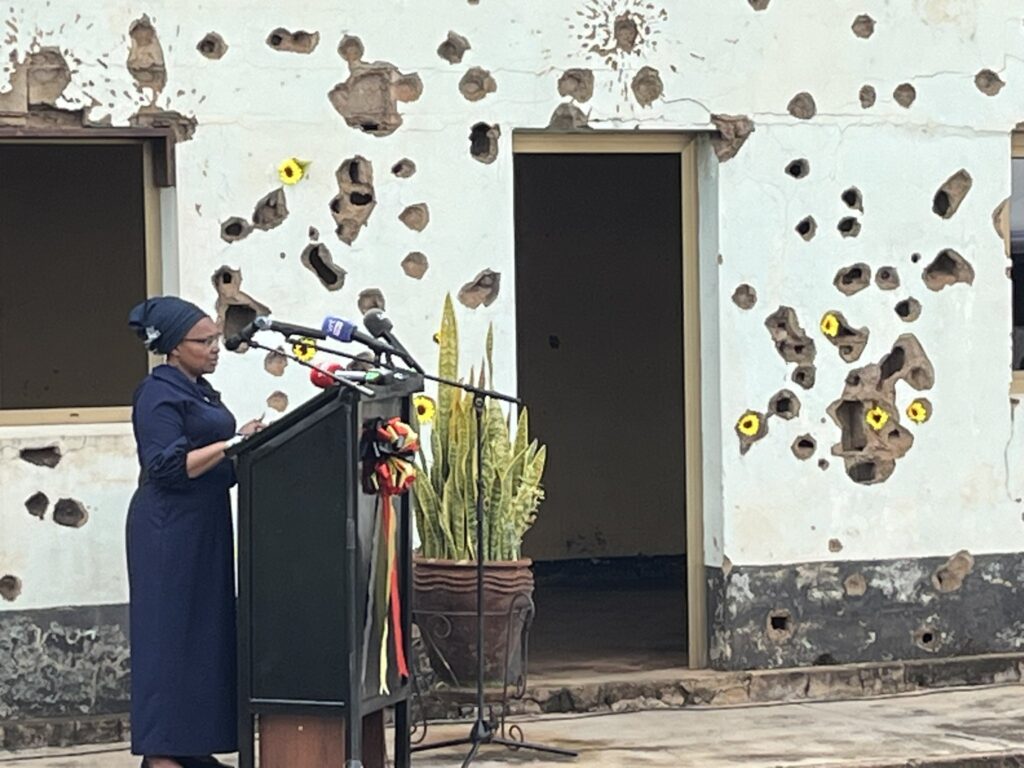
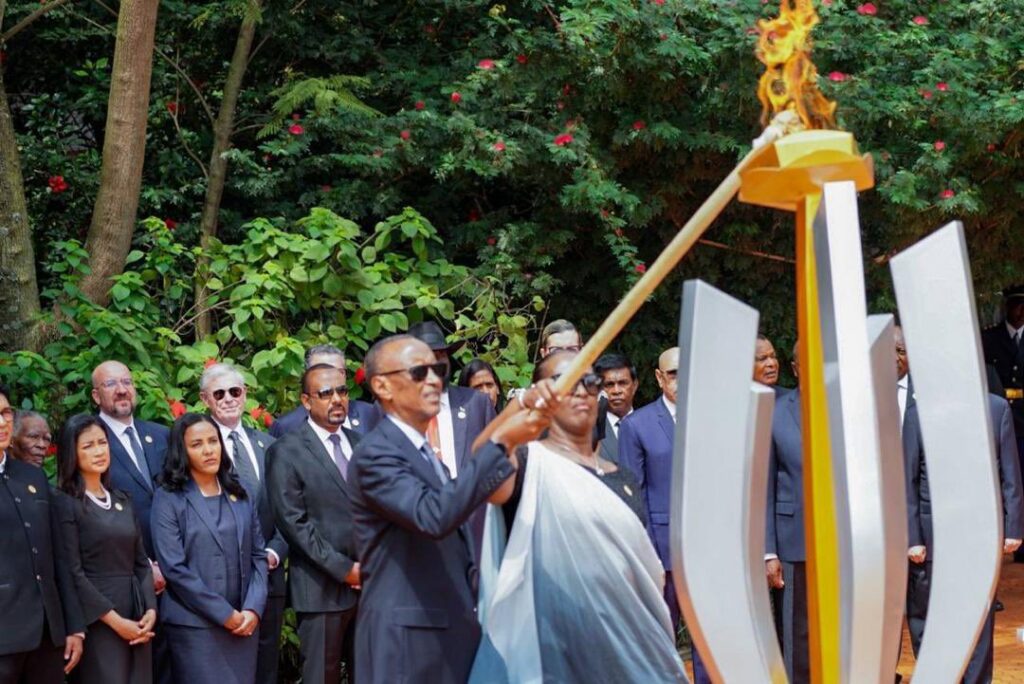
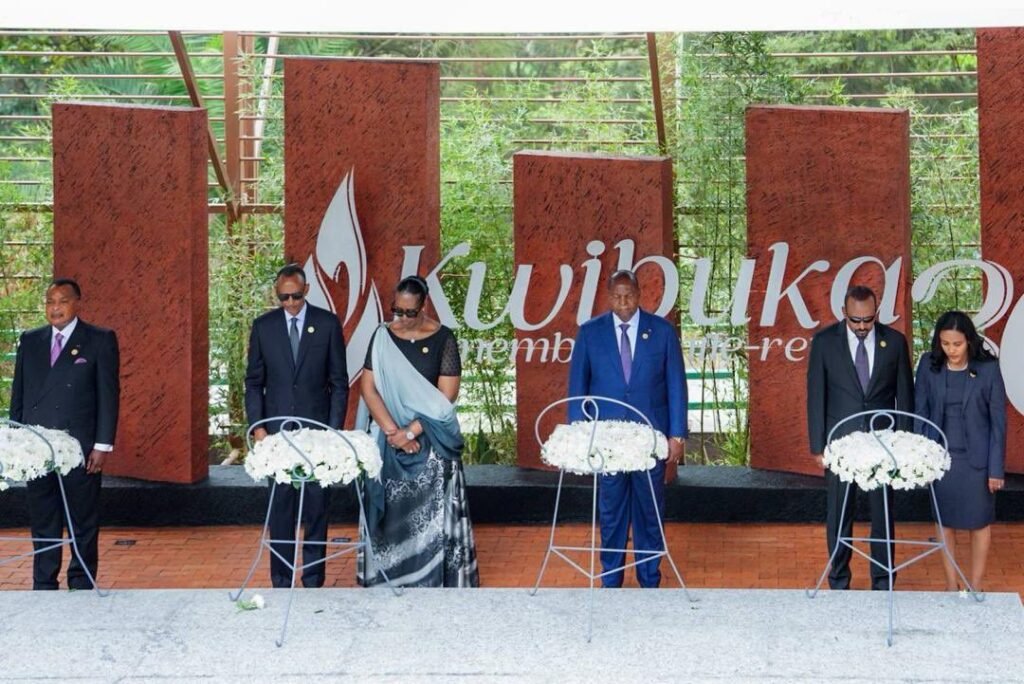
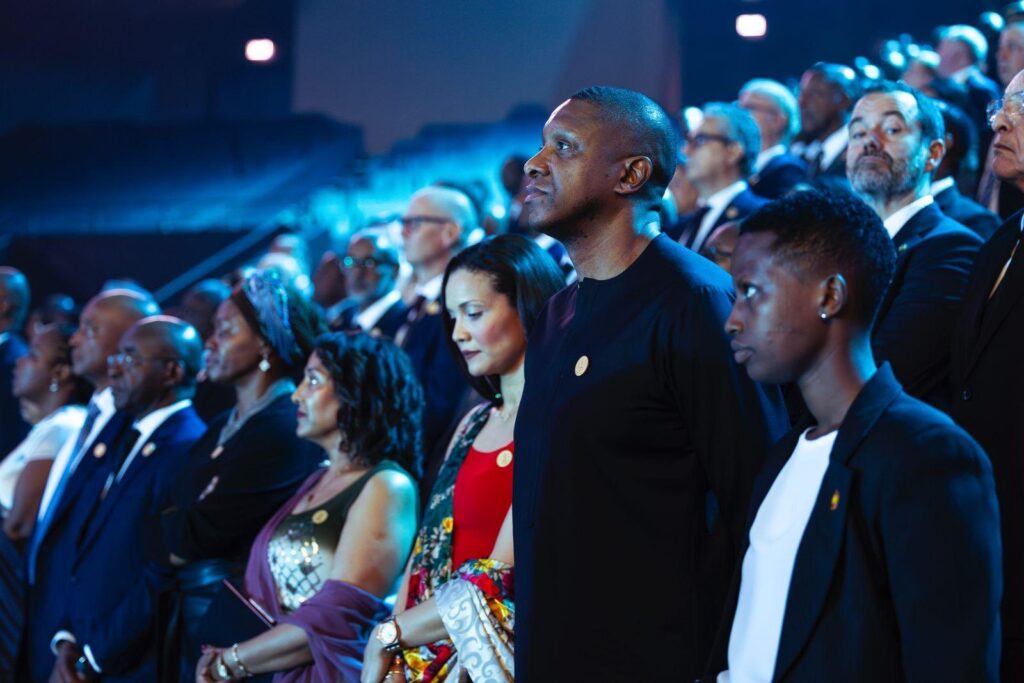
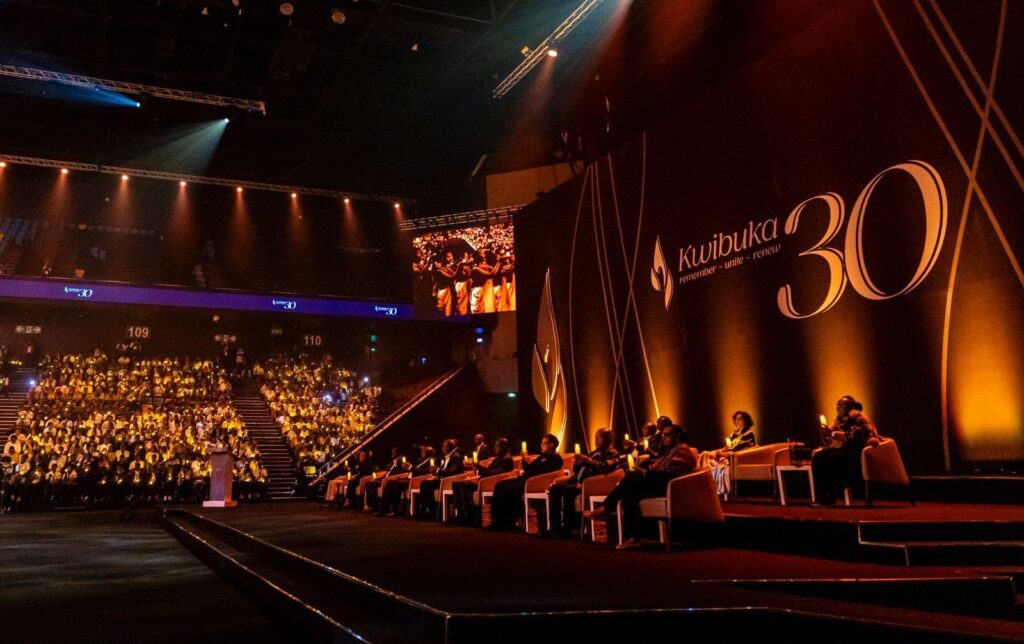


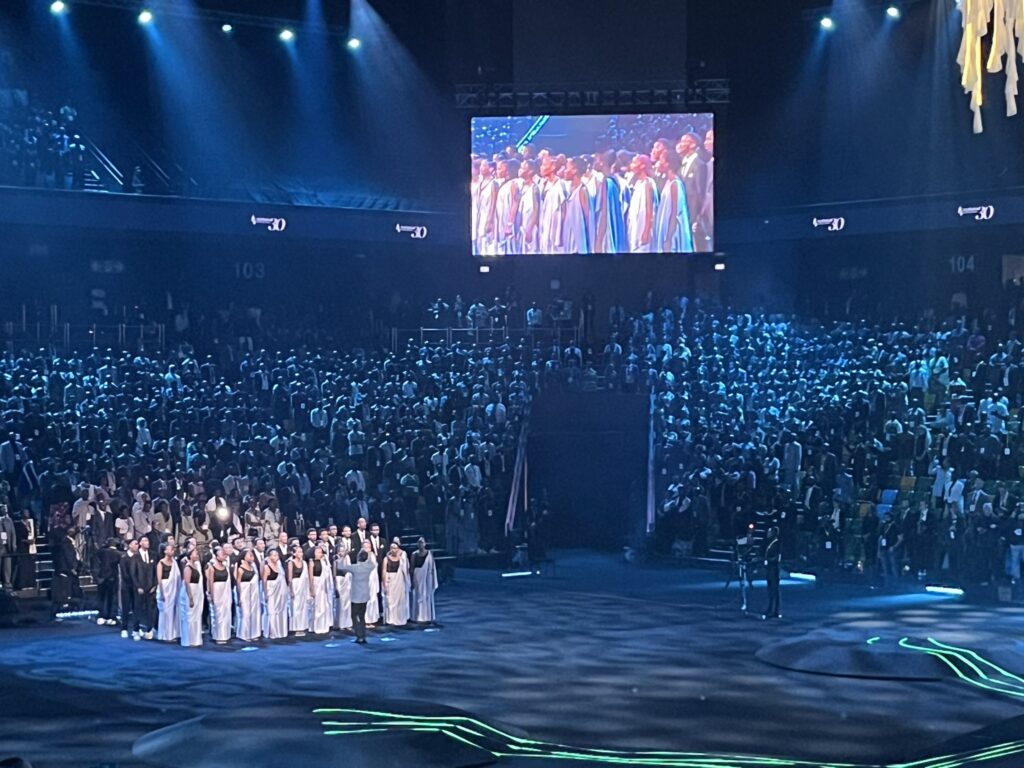
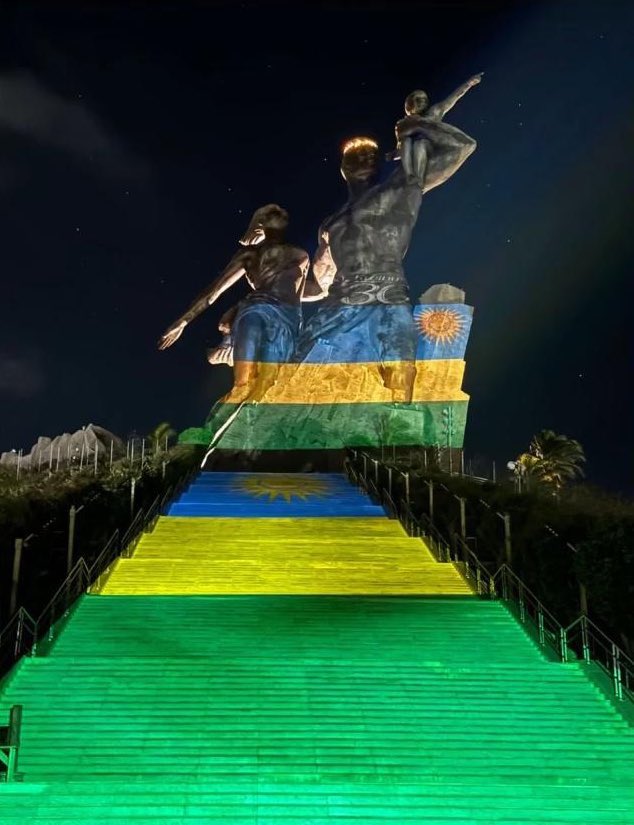
In the years after the genocide, Rwanda has shown remarkable social and economic recovery and growth becoming one of the fastest growing economies on the continent and an industrial power house.
The Rwanda genocide has an important parallel with an earlier similar event in Nigeria. In 1966, Nigeria’s PM Tafawa Balewa and other government functionaries were killed in a military coup d’etat. The coup was blamed on ethnic Igbo tribesmen, followed by a reprisal pogrom in which tens or hundreds of thousands of Igbos and hundreds of Igbo military officers were massacred. The crisis quickly snowballed into a 30-months full military engagement known as the Nigerian-Biafran Civil war. Estimates of death range from 2 million to 5 million, mostly of Igbo civilians who died from hunger and starvation due to relief blockade by the Nigerian forces into the Biafran territory.
Unlike in Rwanda, Nigeria does not commemorate this part of her history, and consequently appears to still contend with the unresolved sentiments of the past and contradictions of a fractured and unhealed country.
Are there any lessons Nigeria can draw from the Rwandan experience on how to build true nationhood?
Please Like 👍, Comment, Share & Follow us on our social media handles.



